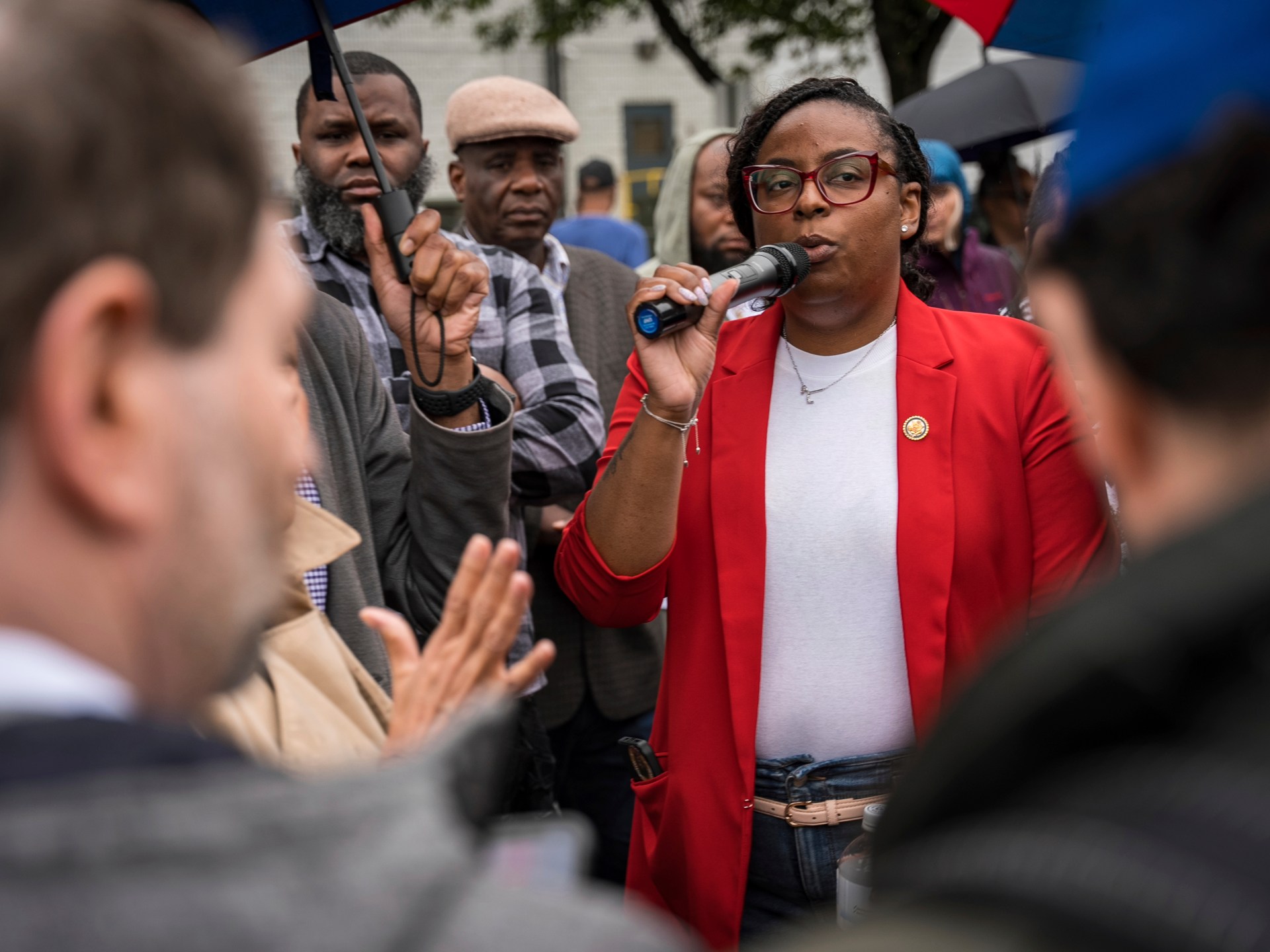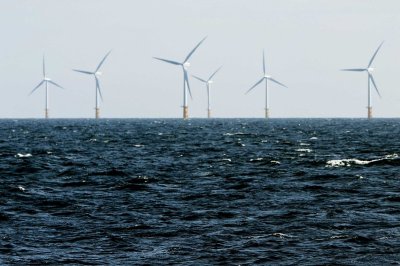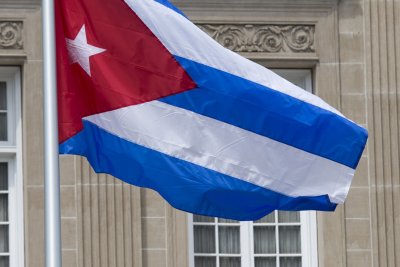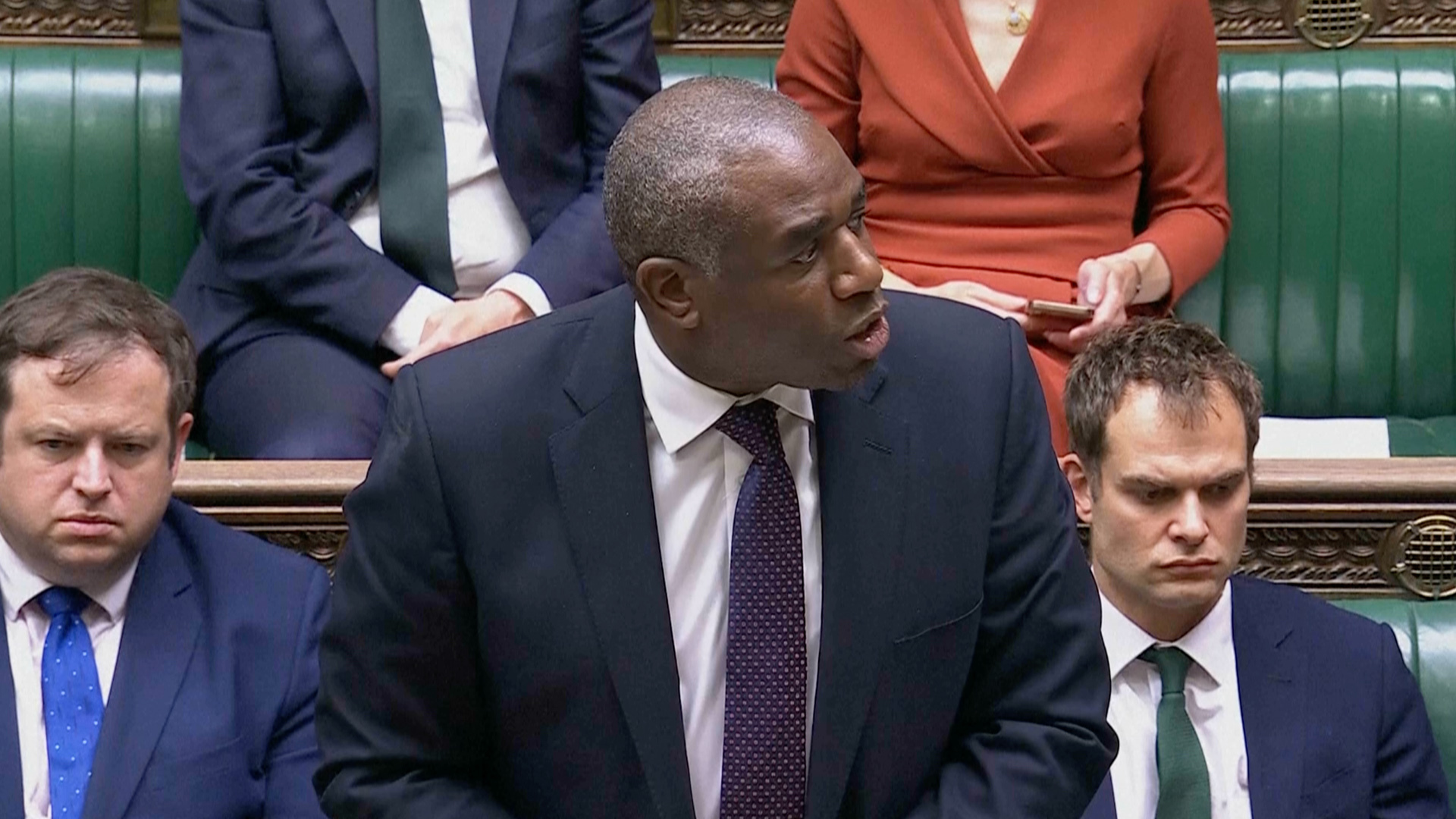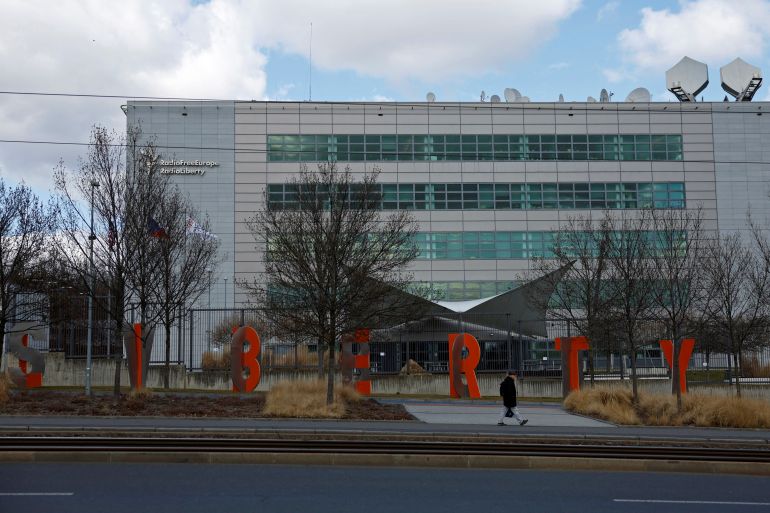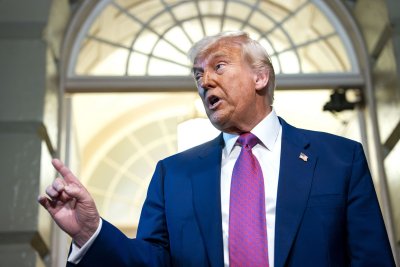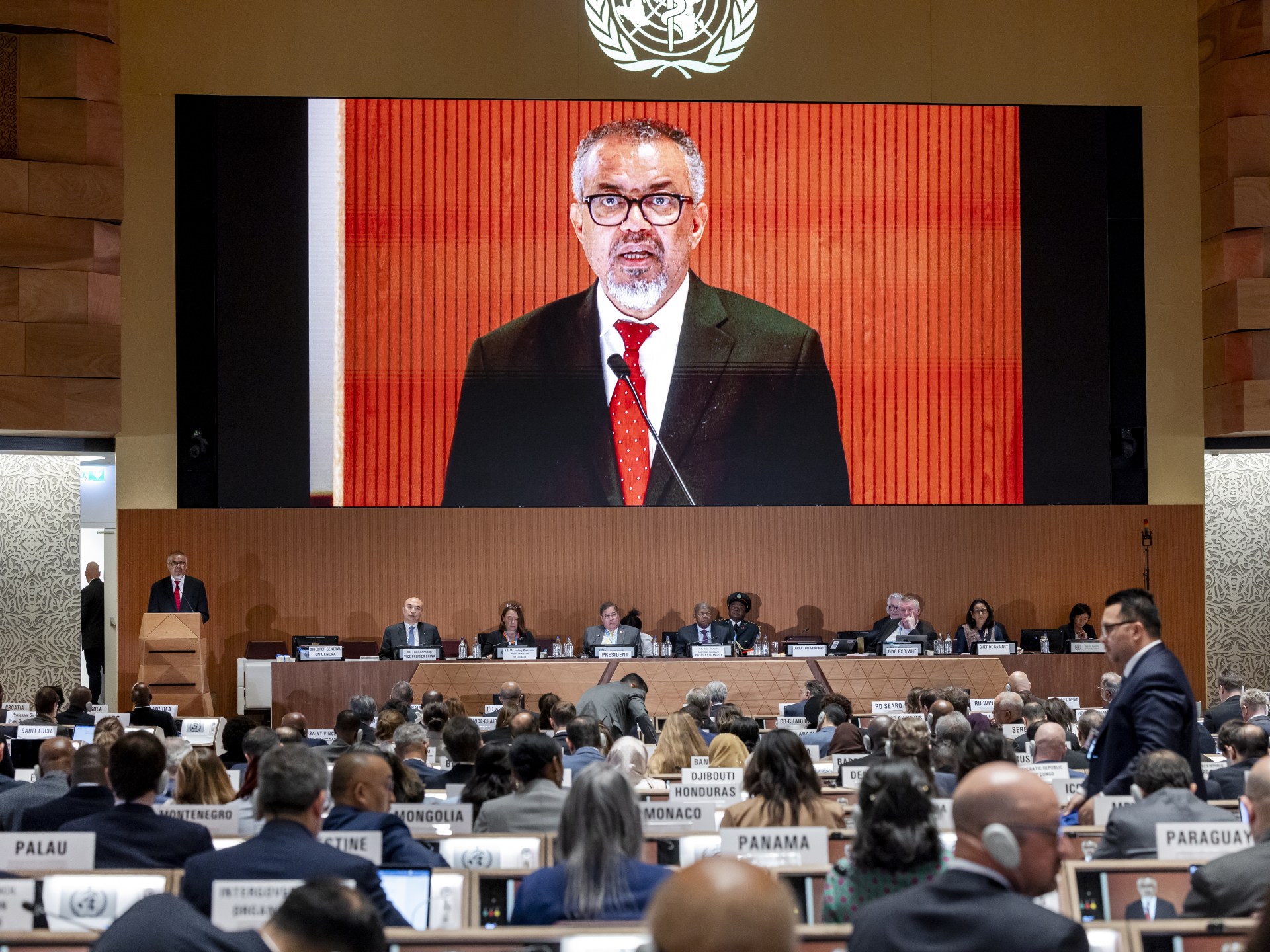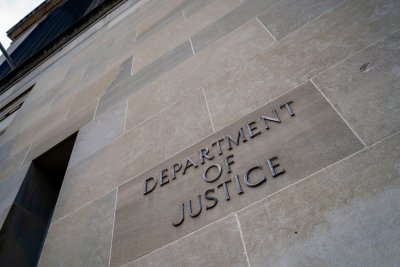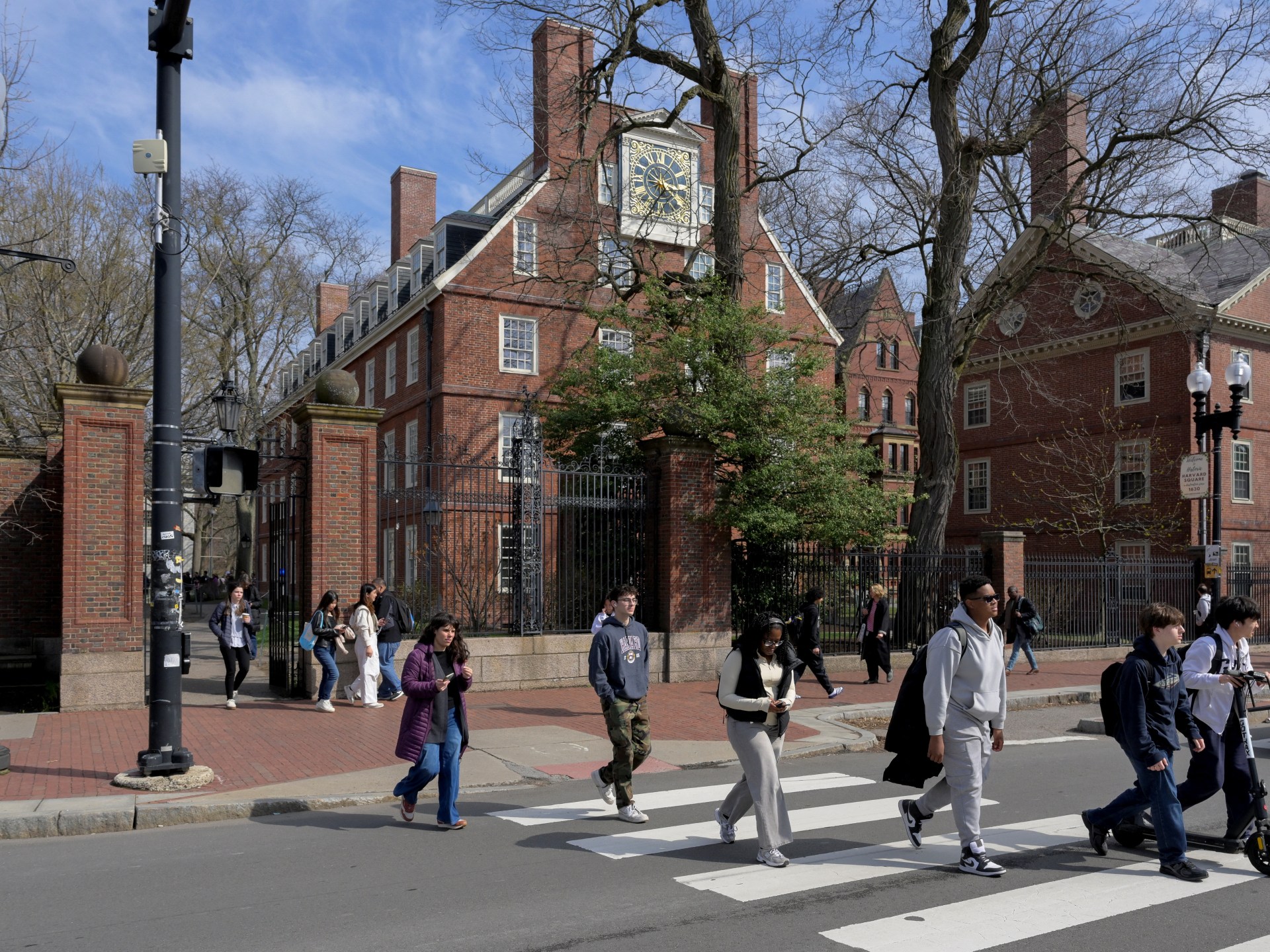Justice Department investigates former N.Y. Gov. Andrew Cuomo over Congressional testimony
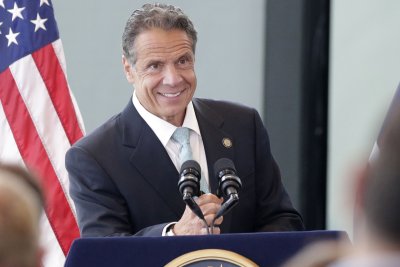
May 21 (UPI) — The Justice Department has launched a criminal investigation into former New York Gov. Andrew Cuomo over his testimony last year to Congress, according to a report Tuesday.
House Republicans have accused Cuomo, who is currently a mayoral candidate for New York City, of lying to the House Oversight Committee about nursing home deaths in the state during the COVID-19 pandemic.
On Tuesday, two people briefed on the matter revealed that the Justice Department had opened a criminal investigation in response, according to The New York Times — which was the first to report — as well as CNN and NBC.
The Justice Department’s inquiry comes after it recently withdrew a separate corruption prosecution of current New York City Mayor Eric Adams, who is running for re-election against Cuomo.
Following last year’s testimony, House Oversight Committee Chairman James Comer, R-Ky., claimed there was “overwhelming evidence” that Cuomo, 67, undercounted the total number of deaths in New York senior care facilities by 46%, during an audit in July 2020.
Cuomo insisted during the hearing that he had not drafted, reviewed or consulted on the nursing home report, which was published by the New York State Department of Health.
Comer referred Cuomo for prosecution last year, but was denied by former Attorney General Merrick Garland. The House GOP-led panel renewed that prosecution effort last month.
“Governor Cuomo testified truthfully to the best of his recollection about events four years earlier, and he offered to address any follow-up questions from the subcommittee — but from the beginning this was all transparently political,” Rich Azzopardi, a spokesperson for Cuomo, said Tuesday in a statement as he denied knowledge of the investigation.
“We have never been informed of any such matter, so why would someone leak it now? The answer is obvious,” Azzopardi said. “This is lawfare and election interference plain and simple — something President Trump and his top Department of Justice officials say they are against.”
On Tuesday, Voices for Seniors applauded the investigation, in a post on X, adding it was “overdue.”
“After years of silence, deflection and political spin, the wheels of justice are finally beginning to turn,” the group said. “This investigation is not just justified, it’s overdue. The evidence paints a damning picture of a leader more concerned with image than integrity. Grieving families have waited long enough.”
“We call on the DOJ to pursue this case with relentless urgency. Voices for Seniors stands prepared to cooperate fully.”
